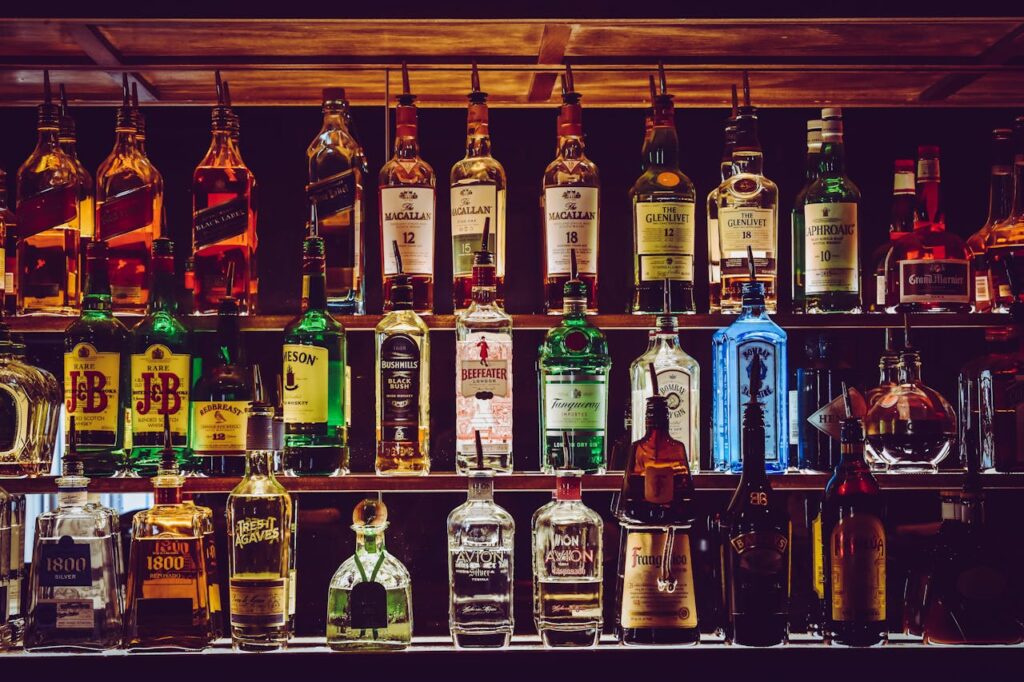As technology continues to shape the landscape of marketing, the alcohol industry has adeptly embraced digital strategies to reach consumers in new and innovative ways. With the rise of e-commerce, social media, and data analytics, alcohol brands are navigating a digital transformation that has not only expanded their reach but has also redefined how they engage with consumers. The success of digital marketing in the alcohol industry is evident in the ways brands are leveraging these tools to create impactful campaigns and foster lasting connections.
One of the most significant shifts in alcohol marketing has been the rise of e-commerce. With the COVID-19 pandemic accelerating the trend toward online shopping, many alcohol brands have established direct-to-consumer platforms to facilitate sales. This shift has allowed consumers to purchase their favorite beverages from the comfort of their homes, transforming the traditional retail experience. Brands like Casamigos Tequila have successfully capitalized on this trend, offering exclusive online products and limited-edition releases that entice consumers to engage with their brand digitally.
Moreover, e-commerce provides valuable data insights that can inform marketing strategies. By tracking consumer behavior, preferences, and purchasing patterns, alcohol brands can tailor their offerings and messaging to meet the needs of their target audience. This data-driven approach enables brands to create personalized experiences that resonate with consumers, enhancing brand loyalty and driving sales.
Social media has also played a pivotal role in the success of digital marketing in the alcohol industry. Platforms like Instagram and TikTok have become essential tools for brands to showcase their products and engage with consumers. Through visually appealing content, brands can highlight their offerings, share cocktail recipes, and promote events, all while fostering a sense of community among their followers. Influencer partnerships have further amplified this reach, as brands collaborate with social media influencers to authentically connect with their audiences.
The use of storytelling on social media platforms has also transformed how alcohol brands communicate with consumers. Instead of simply pushing products, brands are creating narratives that resonate with their audiences. Whether it’s sharing the history of a family-owned distillery or showcasing the craftsmanship behind a small-batch gin, these stories create emotional connections that drive consumer engagement. As consumers increasingly seek authenticity, brands that prioritize storytelling are better positioned to succeed.
However, the rise of digital marketing in the alcohol industry is not without challenges. The regulatory landscape surrounding alcohol advertising remains complex, and brands must navigate restrictions on how and where they can promote their products. Compliance with age verification and responsible marketing practices is essential to maintaining credibility and trust with consumers. Brands that fail to adhere to these guidelines risk facing legal repercussions and damaging their reputations.
Furthermore, the digital space is rife with competition. As more brands enter the online marketplace, standing out becomes increasingly difficult. To succeed, alcohol brands must continue to innovate their digital marketing strategies, experimenting with new formats, platforms, and engagement techniques. Investing in creative content, interactive campaigns, and influencer partnerships can help brands capture consumer attention in an oversaturated market.
As the alcohol industry continues to evolve, the success of digital marketing will remain a key driver of growth and engagement. By leveraging e-commerce, social media, and data analytics, brands can foster deeper connections with consumers and navigate the complexities of modern marketing. In a landscape defined by change, the ability to adapt and innovate will be essential for alcohol brands seeking to thrive in the digital age.
